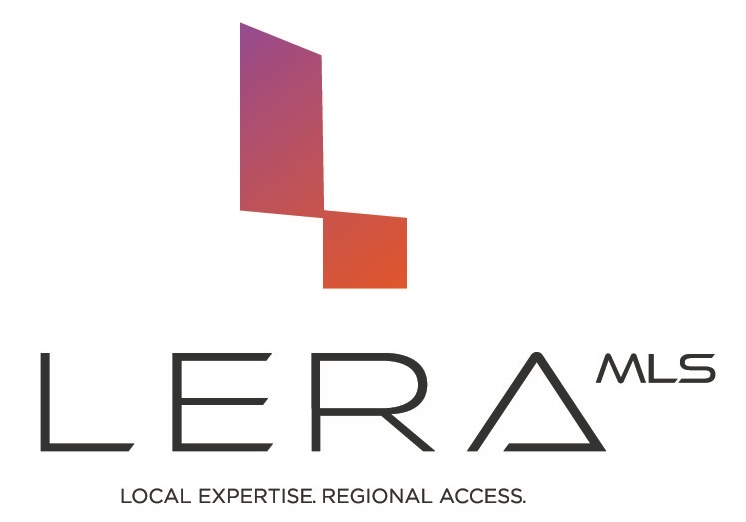So, what does it mean to be pre-qualified or pre-approved, and which one is best when making an offer on a home in a seller's market?
Pre-Qualified means a lender has spoken with you over the phone and has done an initial calculation of how much money you might be eligible to borrow. You provided a lender with your approximate income, the amount of debt you have, and other important details from your credit history. After obtaining a copy of your credit report, this information is subject to verification by the lender until you submit your actual loan application. There is no guarantee of a mortgage loan, as your financial situation has not been verified. But the lender may provide you with a pre-qualification letter, which has more details about your likelihood of obtaining a loan. It normally details what has to happen before a pre-approval can be given.
Pre-Approval means your financial situation has been verified by the lender. You have completed a mortgage loan application and provided all the supporting documentation requested, i.e. bank statements, tax returns, W2s, 1099s, etc. The lender will examine your financial situation, your credit report, your employment history, your proof of income, and finally decide what interest rate to offer and the maximum amount you would be permitted to borrow. Minimum FICO scores for most loan start around
Although pre-approval provides more certainty to borrow than pre-qualification, it also does not guarantee a mortgage loan. That involves other conditions, such as an assessment of the property you want to purchase. Make sure you know how much you can expect to borrow. Talk with your lender and get a professional examination of your financial situation.
In a seller's market, it's recommended that you have a Pre-Approval Letter when submitting any offers for a property. Your REALTOR® can explain and simplify these steps you need to take to own your home.


